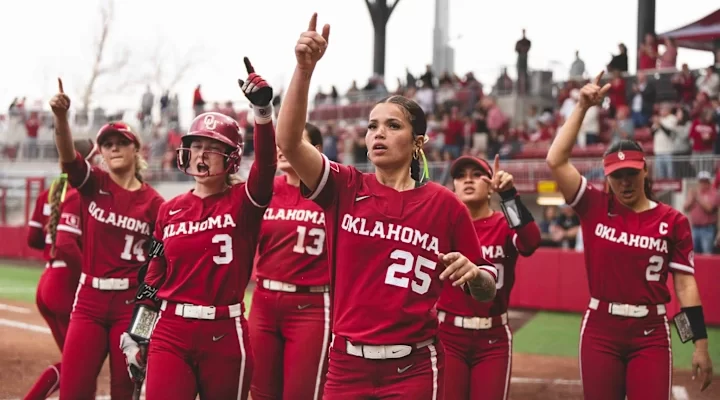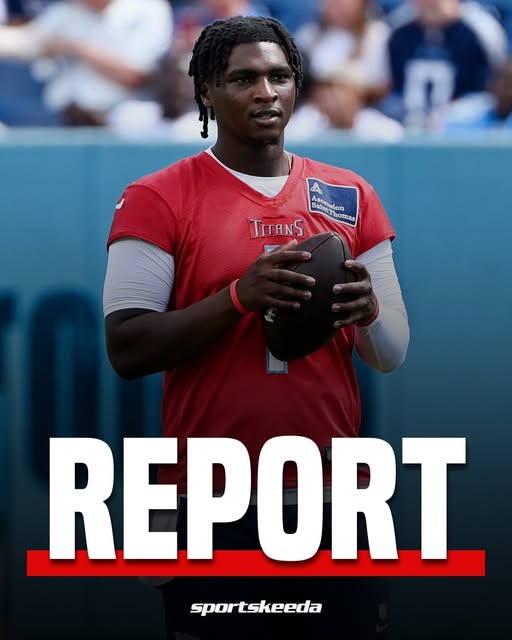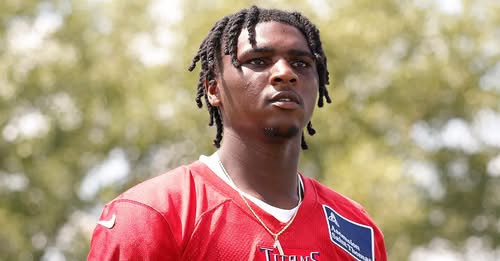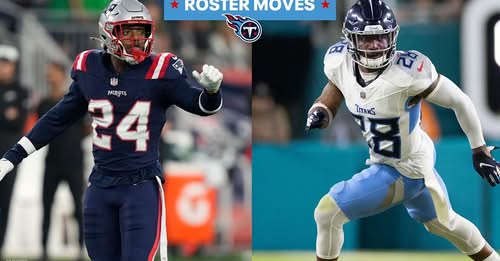Oklahoma Softball Star Turns Personal Mental Health Struggles into Powerful Movement to Help Others
In the world of college athletics, stories of perseverance and triumph often inspire, but few resonate as deeply as those where athletes openly share their battles beyond the field. One Oklahoma softball player is doing just that—transforming her first-hand experience with mental health struggles into a compelling opportunity to raise awareness and provide support for others facing similar challenges. Her journey not only highlights the importance of mental health in sports but also serves as a beacon of hope for countless young athletes navigating pressure, performance, and personal well-being.
Mental health in athletics has long been a topic shrouded in silence, but recent years have seen a surge in athletes using their platforms to speak candidly about their mental health journeys. This Oklahoma softball player’s decision to open up adds a vital voice to this growing movement. Her story is one of vulnerability, courage, and ultimately empowerment, reflecting a shift in how sports culture is addressing the psychological demands placed on student-athletes.
From the onset of her softball career, this player faced immense pressures—balancing rigorous training schedules, academic responsibilities, and the expectations of coaches and fans. These factors, coupled with personal struggles, led her to confront mental health challenges that many athletes silently endure. Rather than retreating from the spotlight, she chose to confront these issues head-on, using her experiences to foster dialogue and encourage others to seek help.
The significance of her advocacy extends beyond her immediate community at Oklahoma. Mental health awareness in college sports is becoming a critical focus for athletic programs nationwide. Universities are increasingly implementing resources such as counseling services, mental health workshops, and peer support networks. However, the most impactful change often comes from athletes themselves sharing their stories—breaking down stigma and making it easier for others to admit when they are struggling.
Her story is rich with lessons on resilience. She candidly discusses the emotional highs and lows, the moments of doubt, and the eventual steps she took toward recovery. By sharing how she balanced the demands of competitive sports with mental health care, she offers a roadmap for student-athletes facing similar battles. This approach humanizes the conversation around mental health, emphasizing that strength isn’t just physical but also mental and emotional.
The digital age has amplified her reach. Through social media platforms, interviews, and speaking engagements, she connects with fans and fellow athletes nationwide. Keywords such as “Oklahoma softball player mental health advocate,” “college athlete mental health struggles,” and “student-athlete mental wellness stories” are highly searched terms that drive interest and engagement around her journey. Long-tail keywords like “how college athletes cope with anxiety and depression” and “mental health resources for NCAA softball players” attract niche audiences eager for authentic, supportive content.
This player’s initiative has also sparked partnerships with mental health organizations dedicated to supporting athletes. Collaborative efforts focus on education, stigma reduction, and providing accessible mental health resources tailored to the unique challenges faced by student-athletes. These partnerships underscore the growing recognition that mental health is as crucial to athletic success as physical conditioning and skill development.
Moreover, her advocacy contributes to a broader cultural shift within collegiate sports. Athletic departments are increasingly valuing mental health as integral to player development and team success. Coaches and staff are undergoing training to better identify signs of mental distress and to foster environments where players feel safe discussing their struggles. This player’s openness helps accelerate these changes by putting a relatable face to the issue.
The ripple effect of her story is powerful. Teammates, younger athletes, and fans are inspired not only to prioritize mental wellness but also to embrace vulnerability as a form of strength. Her journey encourages a redefinition of what it means to be a successful athlete—one who thrives both on and off the field. The emphasis shifts from simply winning games to cultivating holistic health and resilience.
Her message resonates especially strongly among female athletes, who often face distinct pressures related to identity, performance expectations, and societal standards. By speaking out, she empowers women in sports to advocate for their mental health needs and to seek balance in their demanding athletic and academic lives. This empowerment fosters a community of support that transcends team boundaries and connects athletes nationwide.
In sharing her story, the Oklahoma softball player also highlights the vital role of university support systems. Access to counselors, mental health programs, and peer mentorship were crucial in her recovery and growth. She urges institutions to continue expanding these services and to create inclusive environments that destigmatize mental health conversations. For prospective student-athletes and their families, her advocacy underscores the importance of considering mental health resources when choosing programs.
Looking ahead, her commitment to mental health advocacy promises to leave a lasting impact. She plans to continue using her platform to educate, inspire, and advocate for improved mental health care in athletics. Her story exemplifies how personal challenges can be transformed into powerful opportunities to help others and drive meaningful change.
In conclusion, this Oklahoma softball player’s journey from battling mental health struggles to becoming a vocal advocate shines a light on the often-overlooked psychological challenges faced by student-athletes. Her story enriches the growing national conversation about mental wellness in sports, illustrating that true athletic success encompasses both physical and mental strength. As more athletes follow her lead in sharing their experiences, the culture of collegiate sports moves closer to embracing holistic health, resilience, and support for all players.



